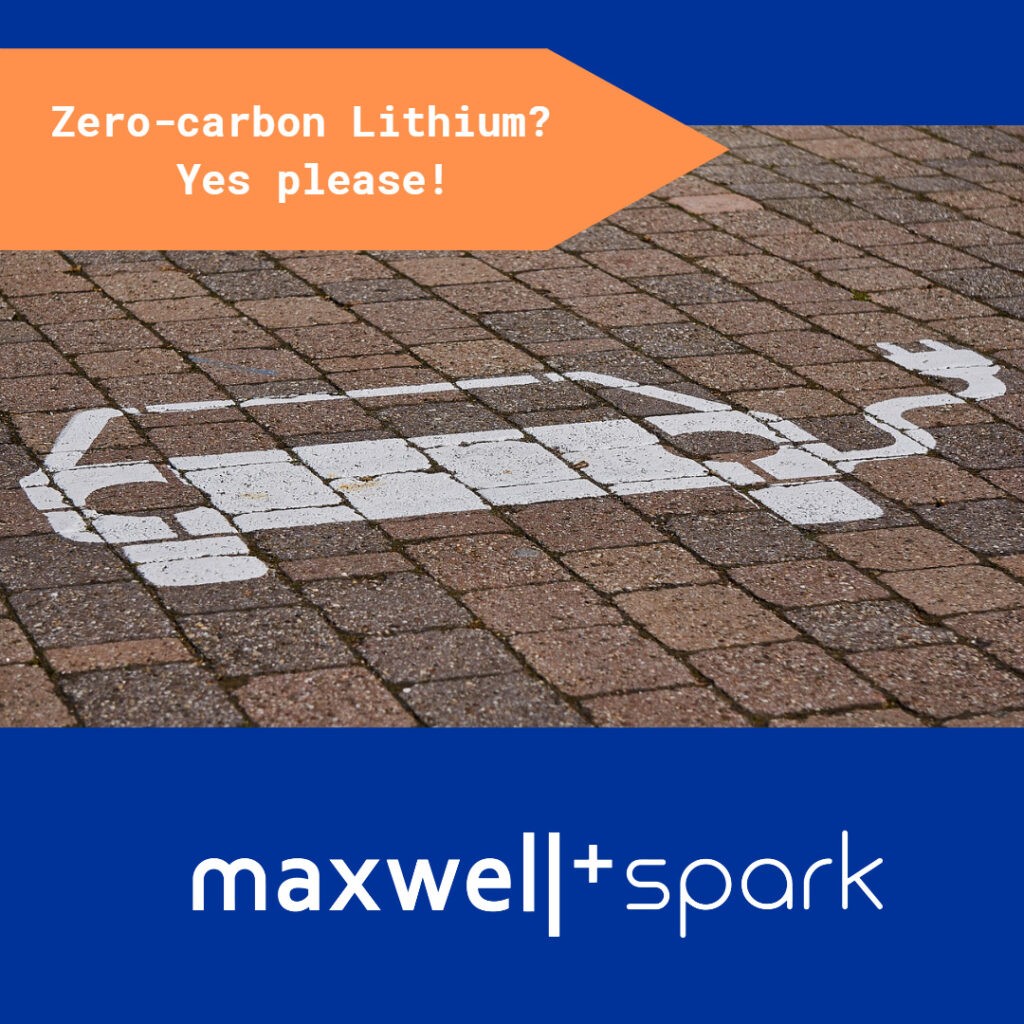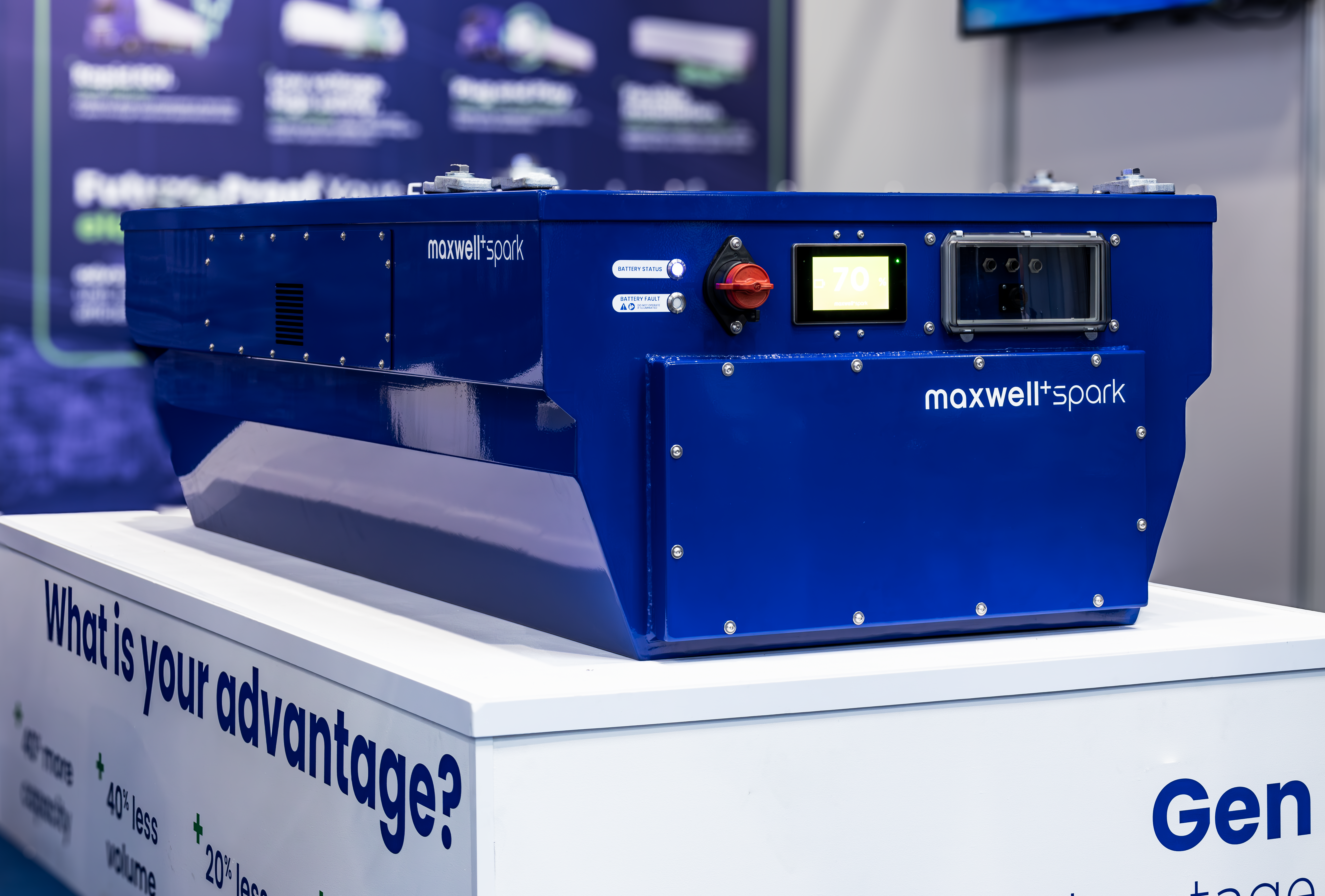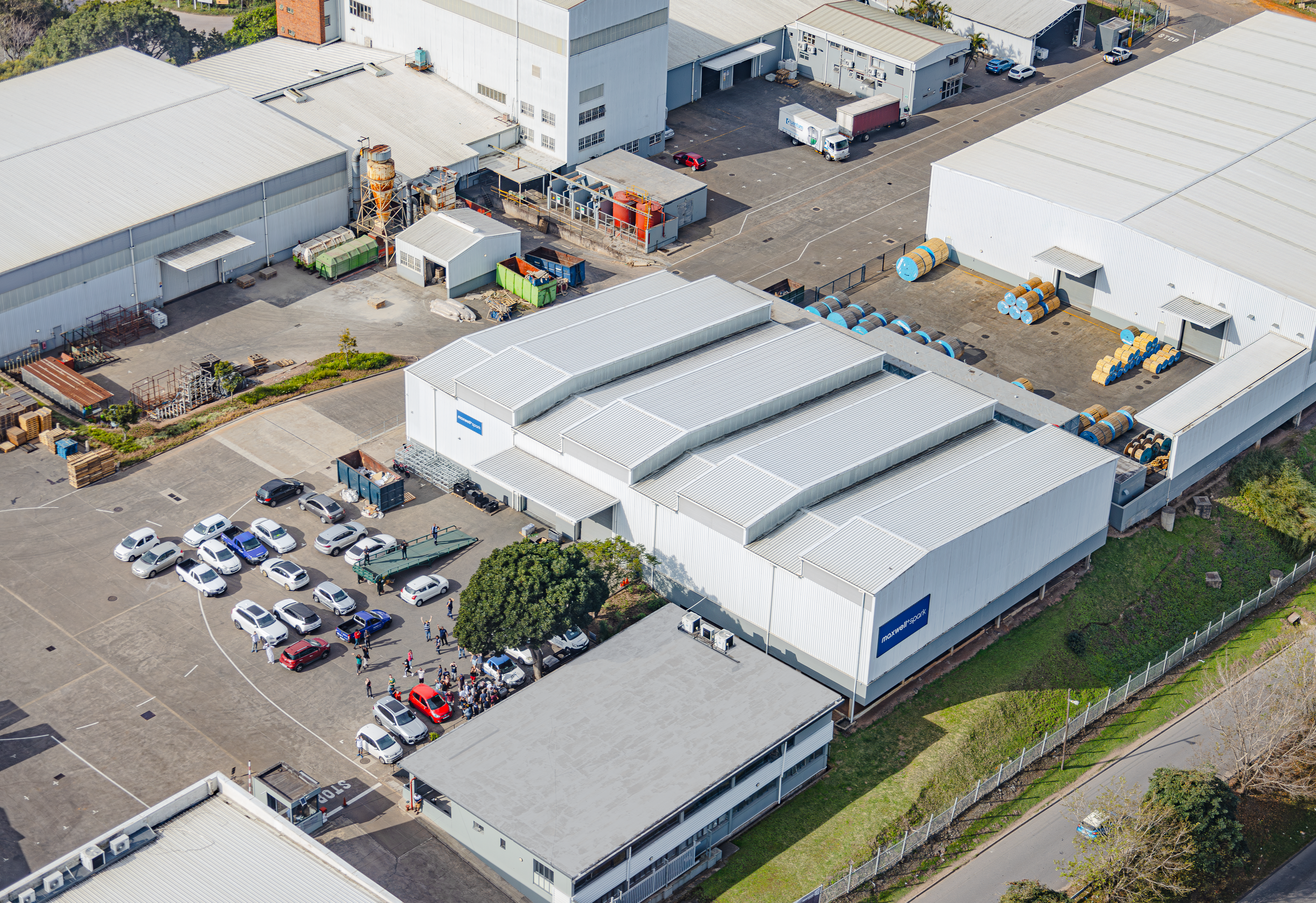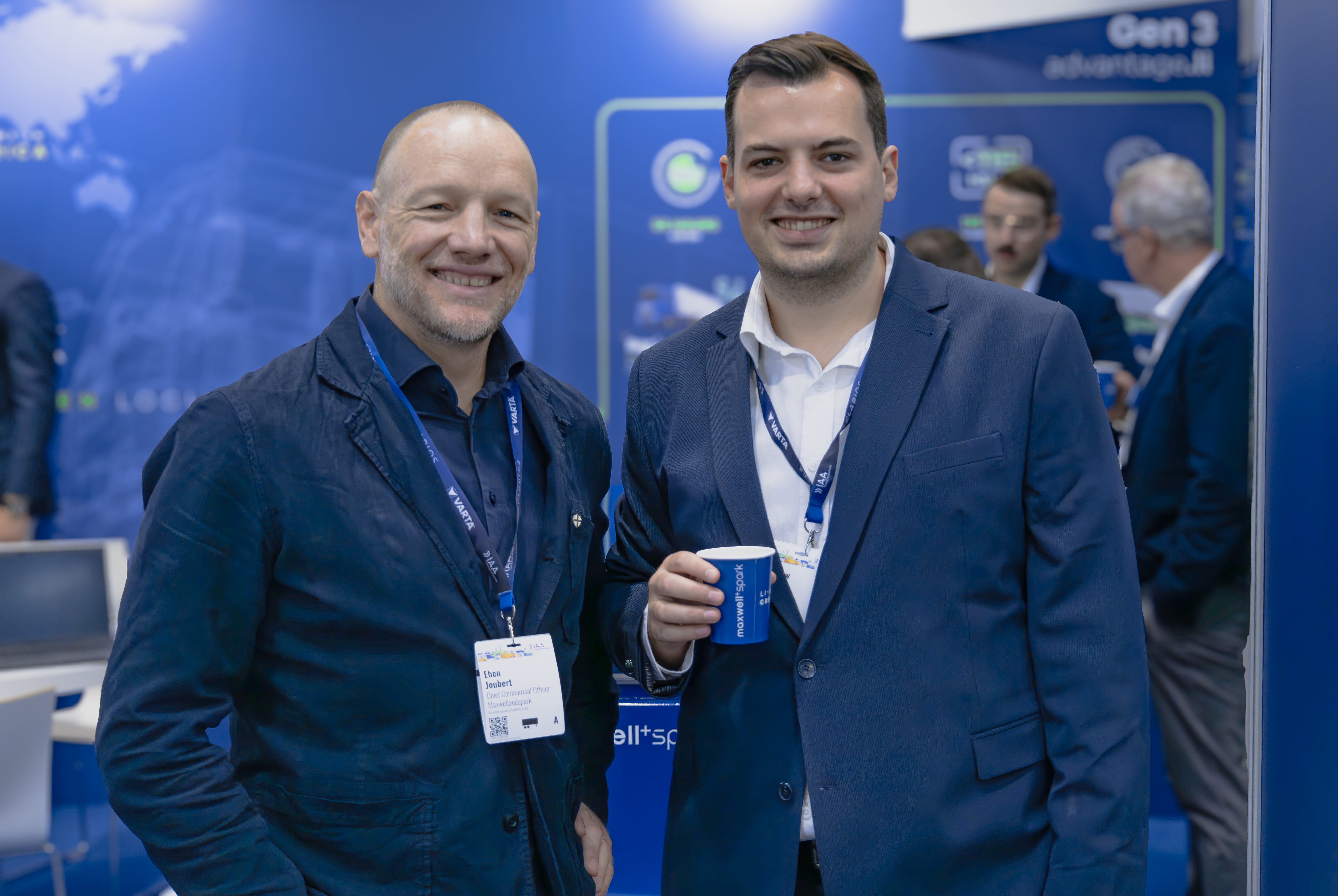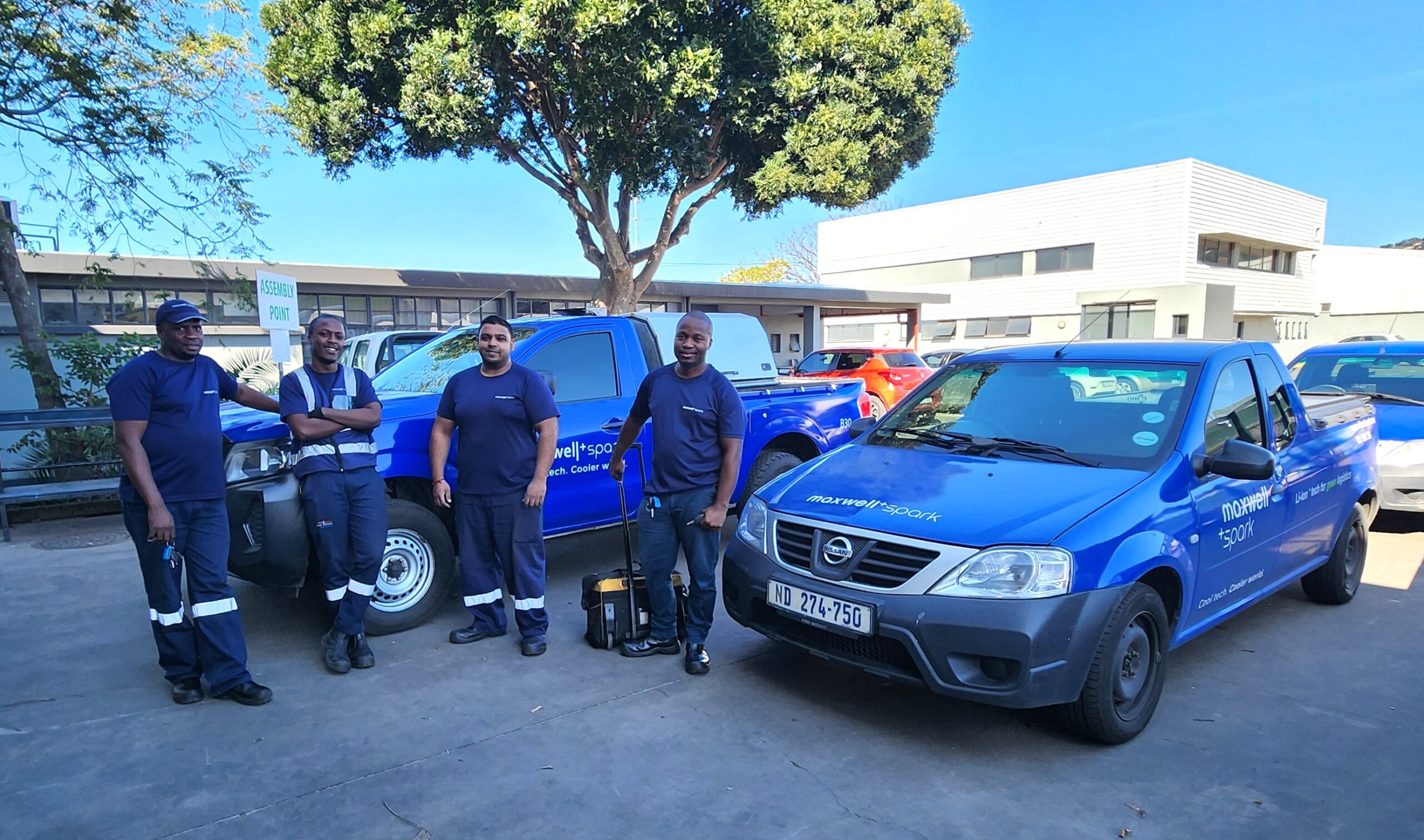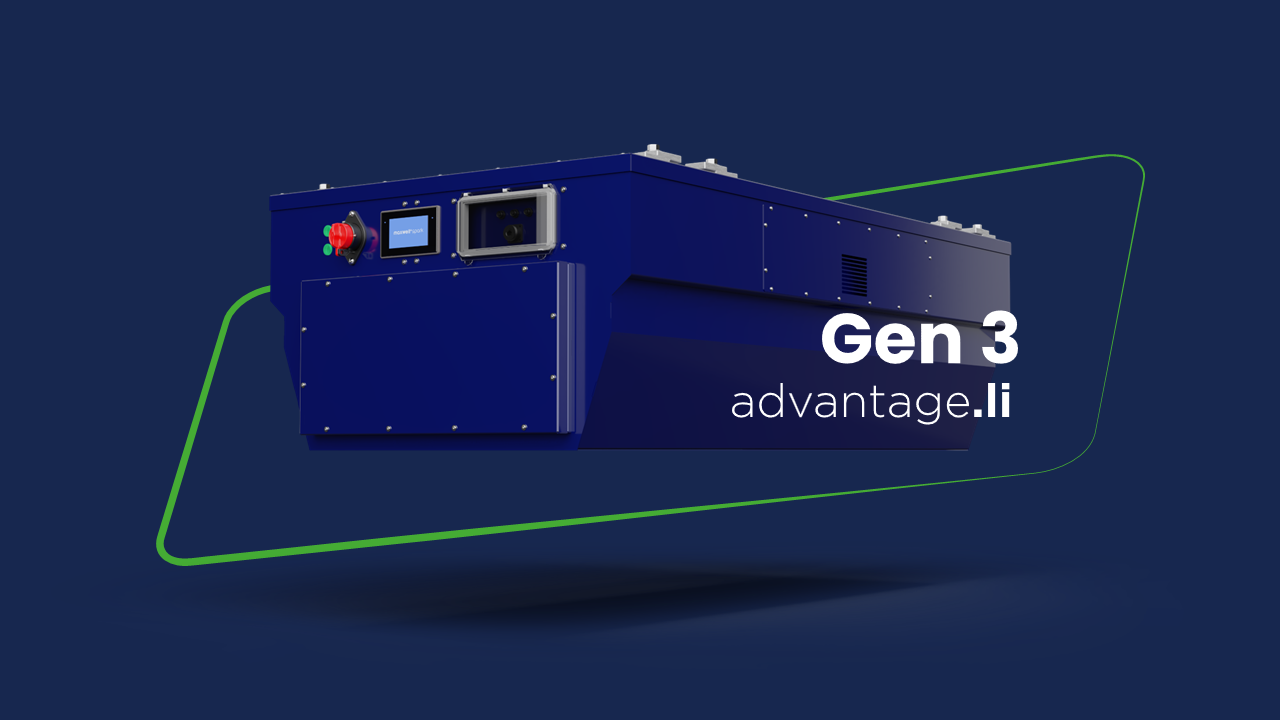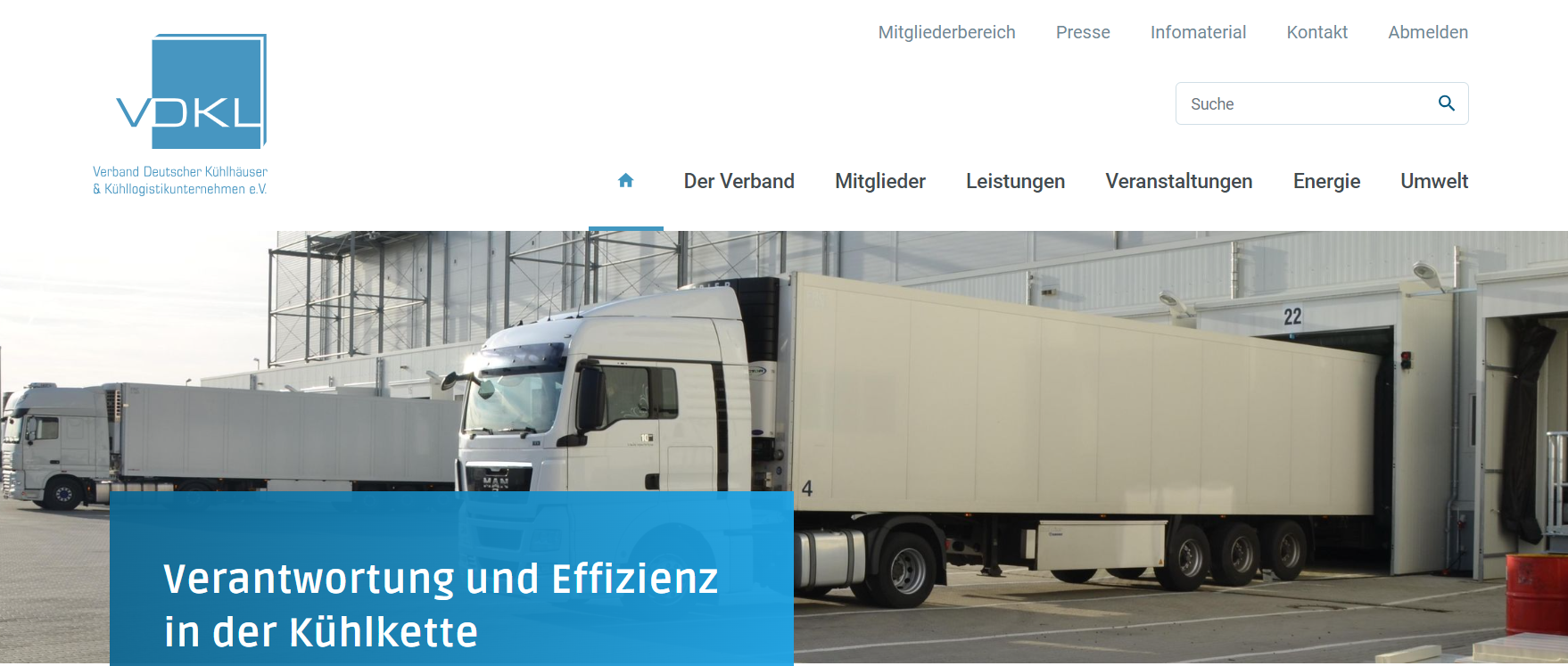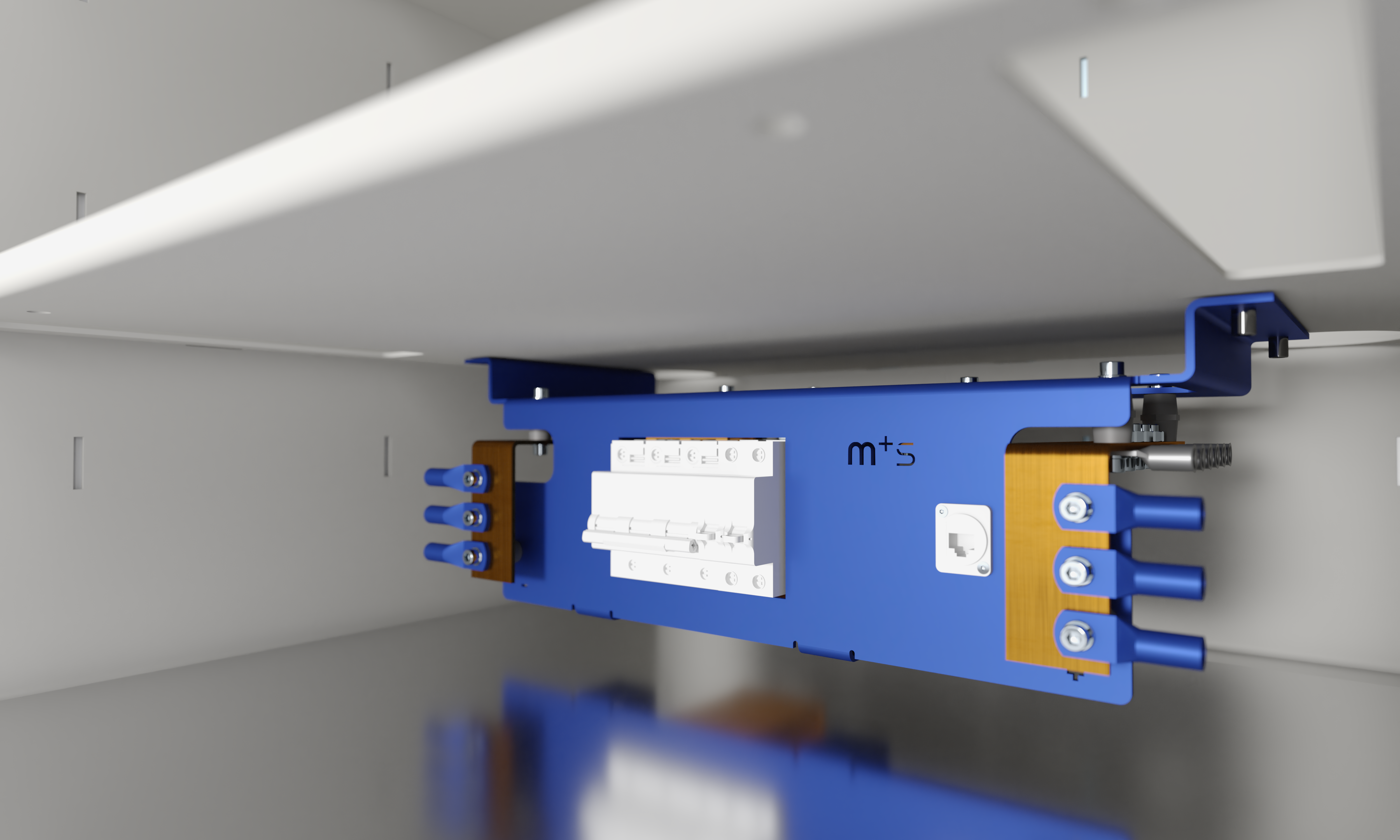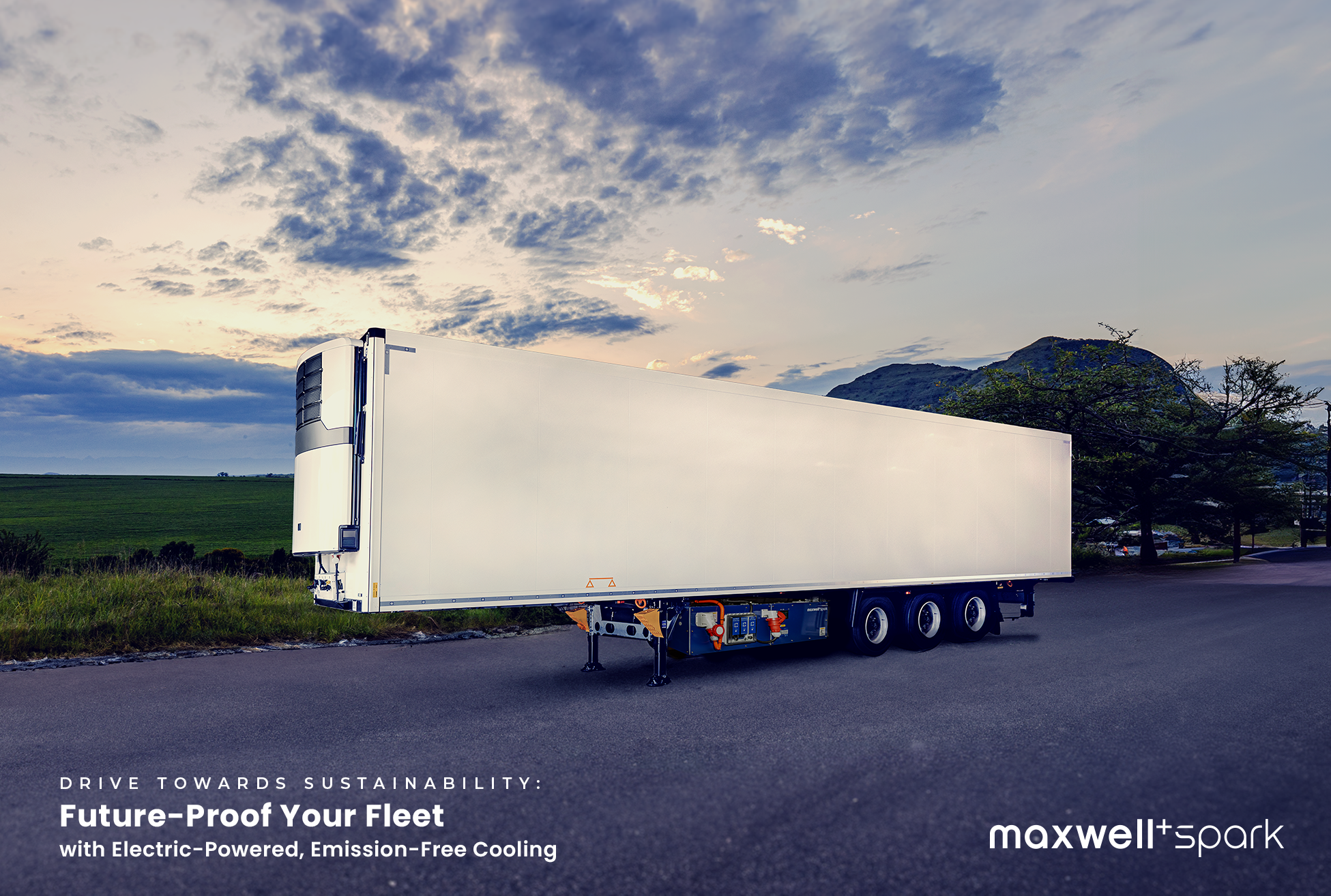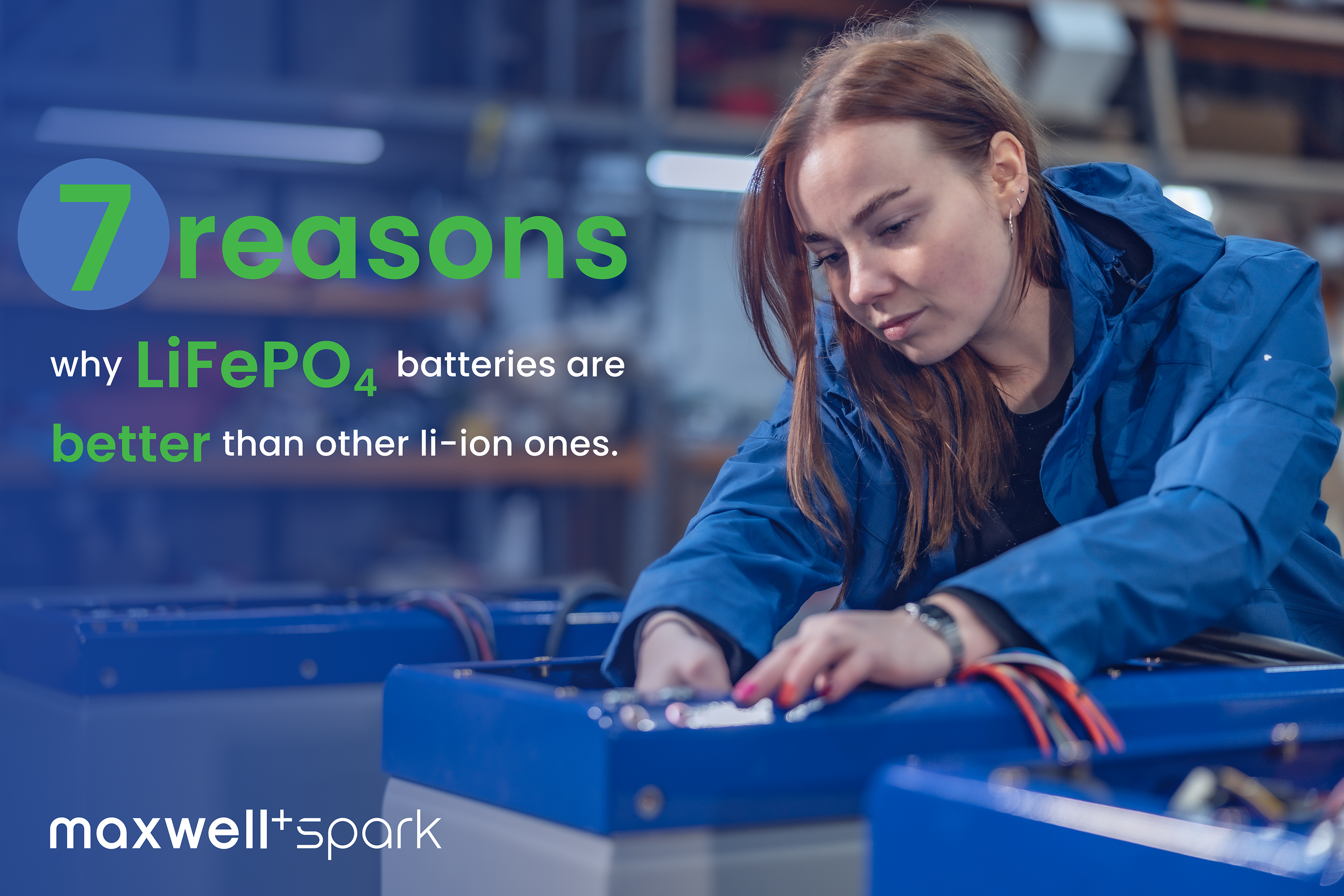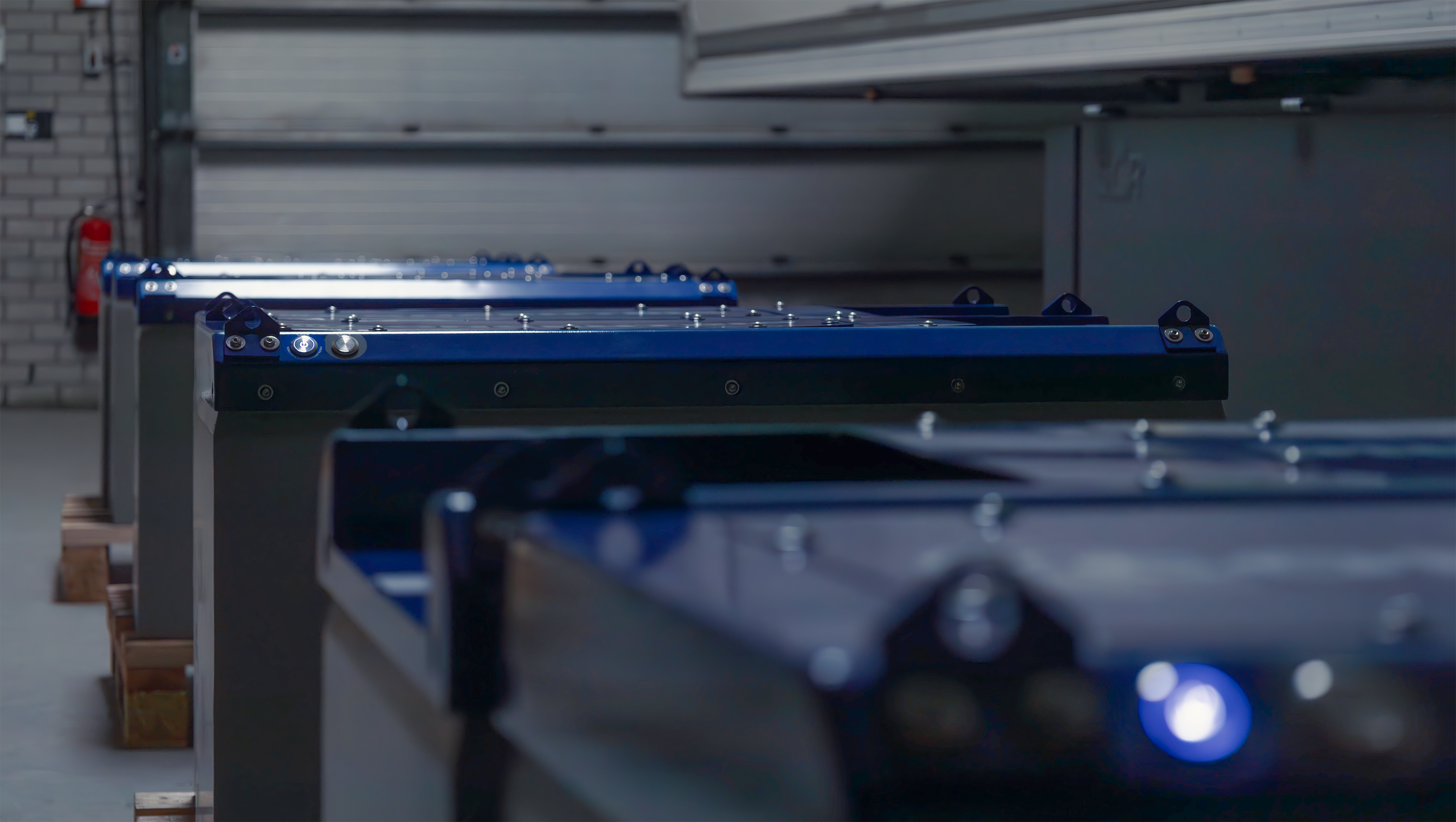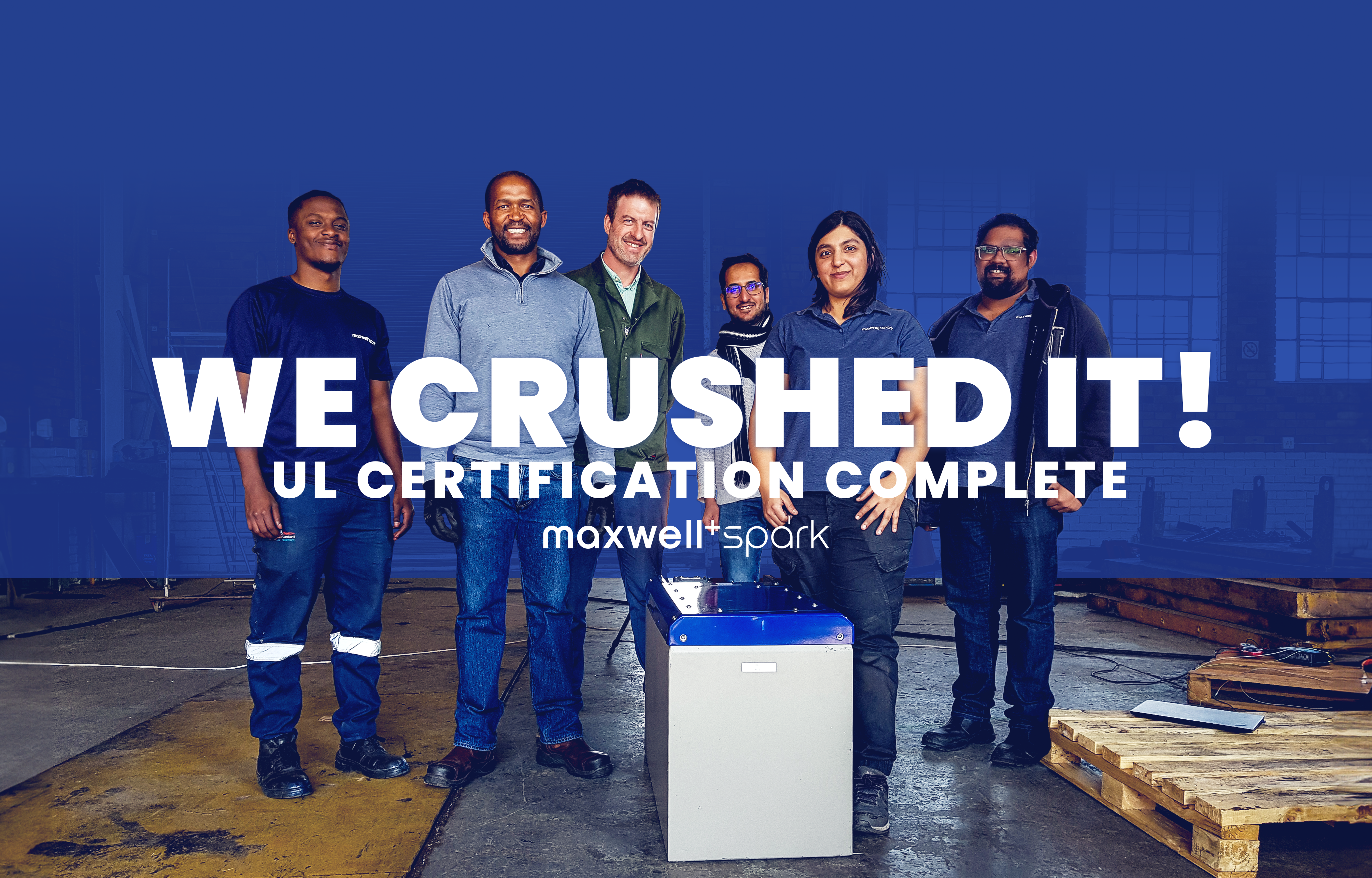As the demand for lithium has grown due to the move to electric vehicles and other green transport solutions, a pressing question has emerged: can we find a sustainable, economic lithium extraction process?
The electrification of transport and logistics is accepted as central to reducing carbon emissions and through this addressing the climate crisis. This has drastically pushed up the demand for lithium. According to the German Raw Materials Agency, global demand could triple by 2025, which comes with a significant environmental price tag.
Most of the world’s lithium comes from China and current methods of extraction do have a significant carbon footprint, as well as require substantial water and land use. To put that in perspective, every tonne of lithium produced through traditional mining emits about 15 tonnes of CO2. While that is enough to manufacture something like 50 EV batteries, and driving these cars will save equivalent CO2 in just 1/100th to 1/50th of their life, it remains significant. To make the growth in electric vehicles and greener modes of transport possible, it is therefore important to also find a greener source of lithium.
At maxwell+spark, we build lithium-ion batteries that help our customers transition from dirty, inefficient energy to cleaner, cheaper, more intelligent energy. Sustainable sources of lithium are therefore important to us and we have been following the zero-carbon lithium project by Vulcan Energy Resources with interest. The company intends to draw on deep geothermal and lithium brine resources in the Upper Rhine Valley of Germany.
Vulcan Energy Resources has developed a process that requires no evaporation ponds, mining or fossil fuels, instead, harnessing renewable geothermal energy to power lithium extraction, as well as feed renewable power back into the grid. Europe is the fastest growing lithium market in the world, however, it currently has zero local supply. Vulcan Energy states it will be able to meet the supply deficit looming in Europe without reliance on foreign imports. Commercial production is set to begin in 2024 and will aim to produce 40 000 tons of lithium per year.
At maxwell+spark we will be cheering on the side-lines as we watch the development of battery raw materials with a zero carbon footprint.
